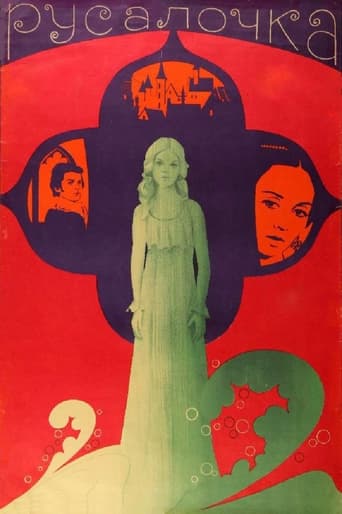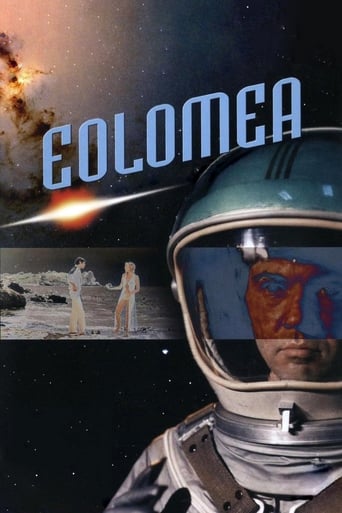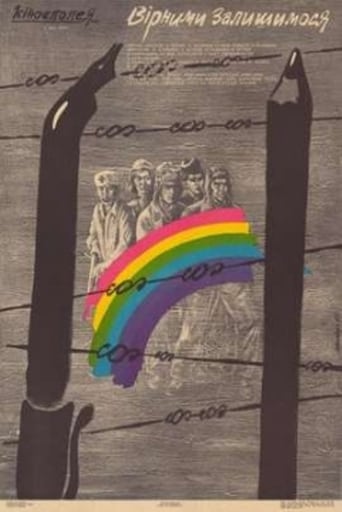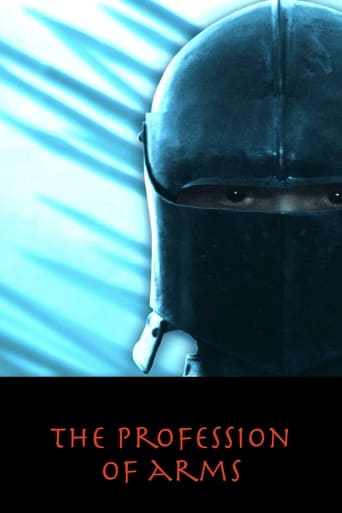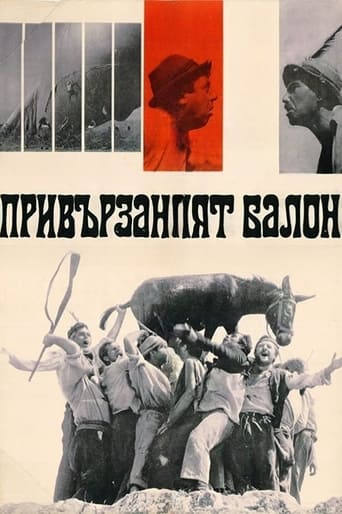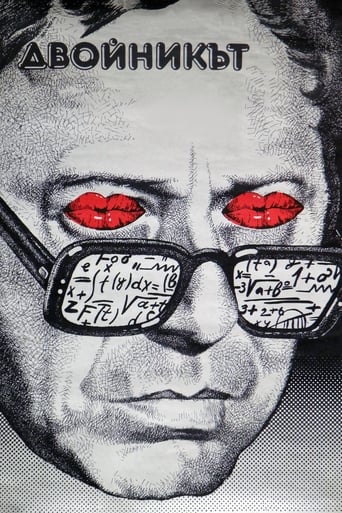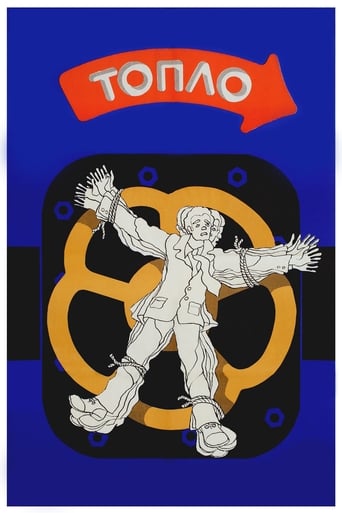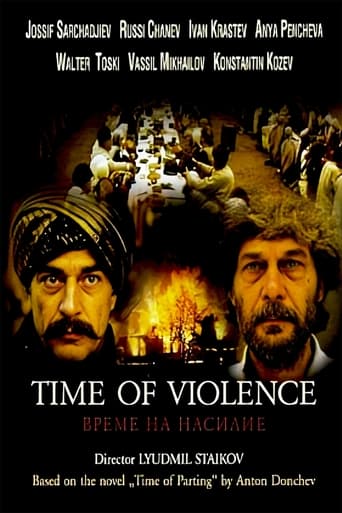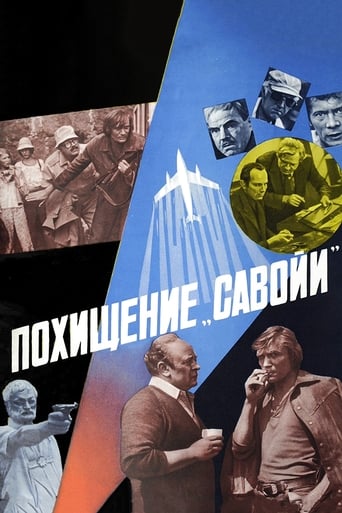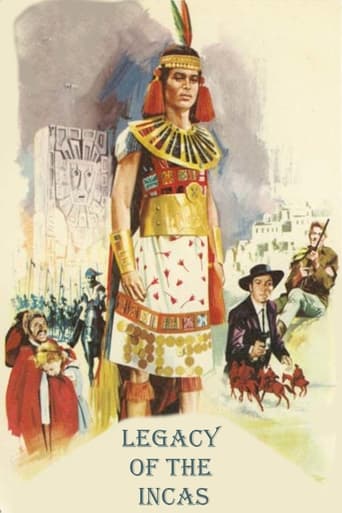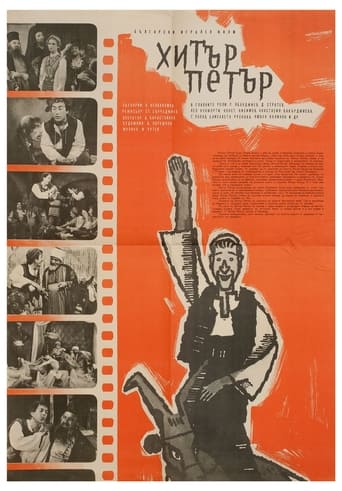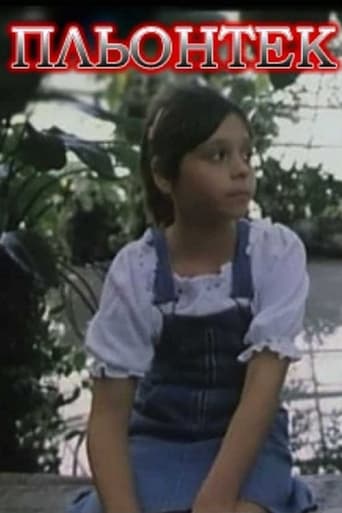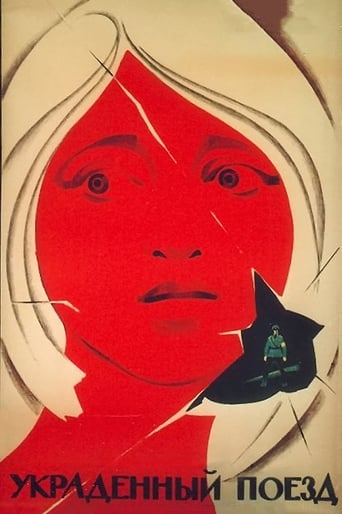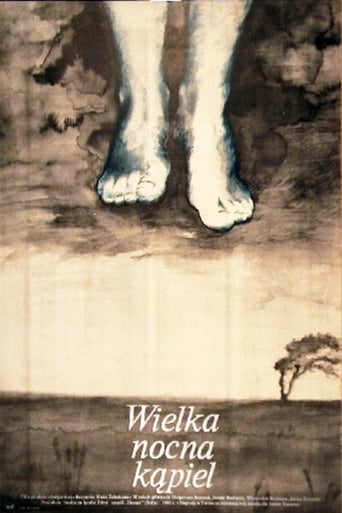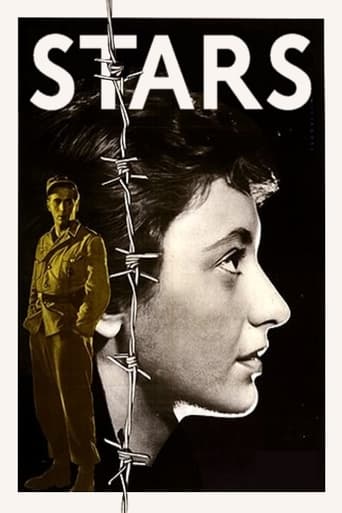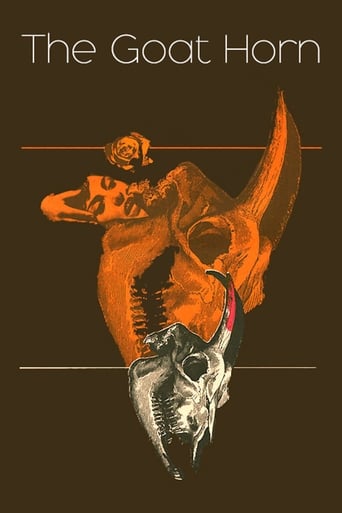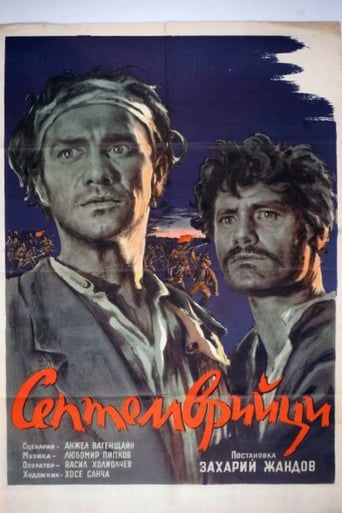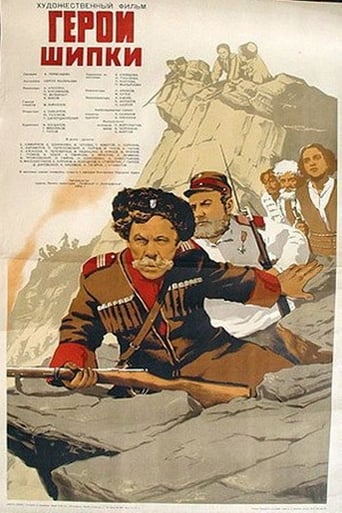The Little Mermaid 1976
A little Mermaid falls in love with a Prince whom she saves during a storm. Using all kinds of magical incantations in exchange for the Mermaid’s beautiful blue hair, a witch replaces her fish tail with human legs, making it possible for the Mermaid to walk and live on earth at the cost of great pain with every step she takes. The Little Mermaid willingly suffers through these trials only to be near her beloved. But the Prince, not realizing how lucky he is, becomes enamored with a beautiful but vain princess.
